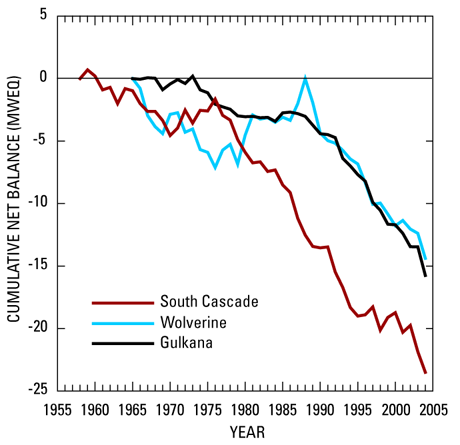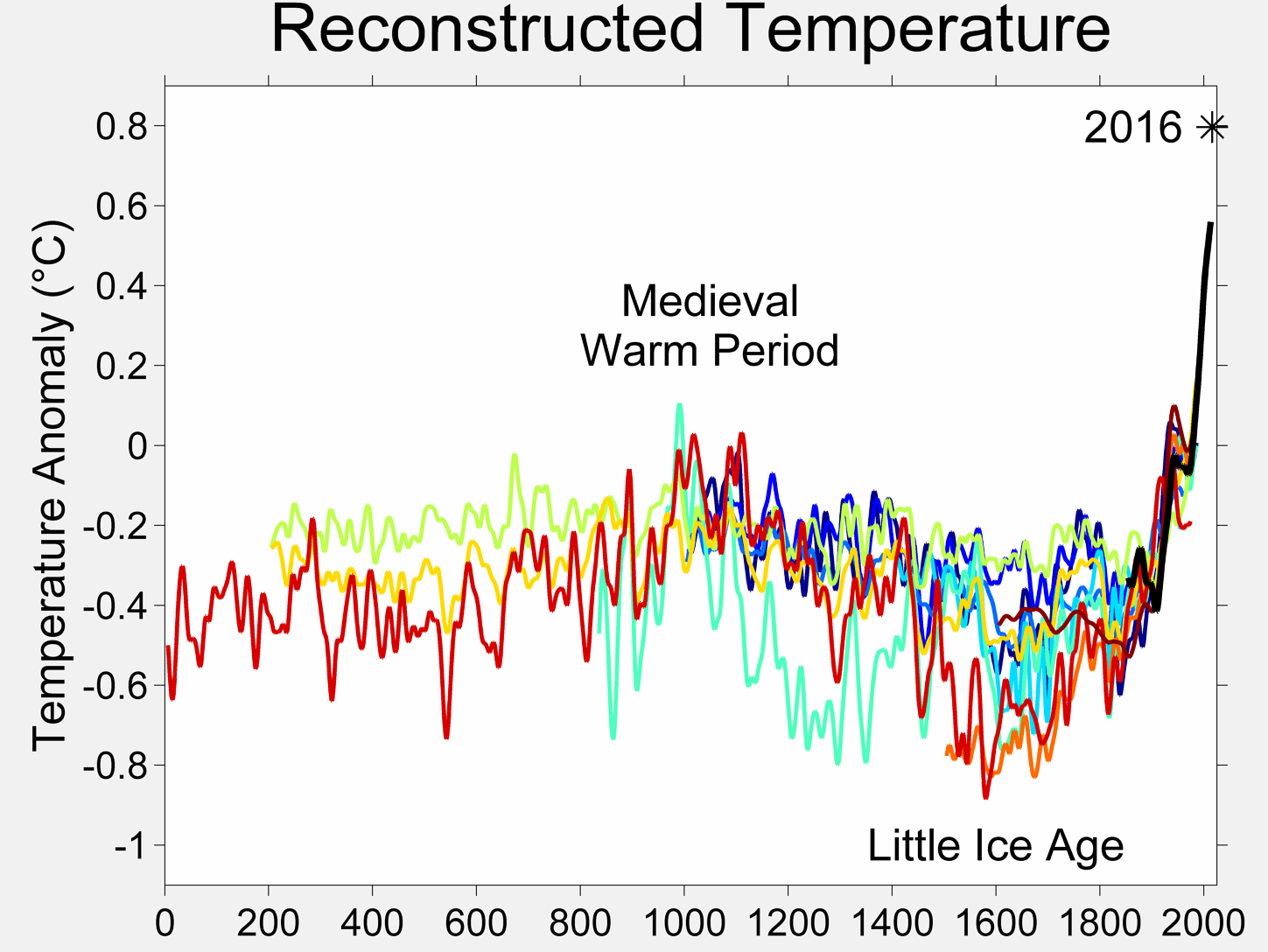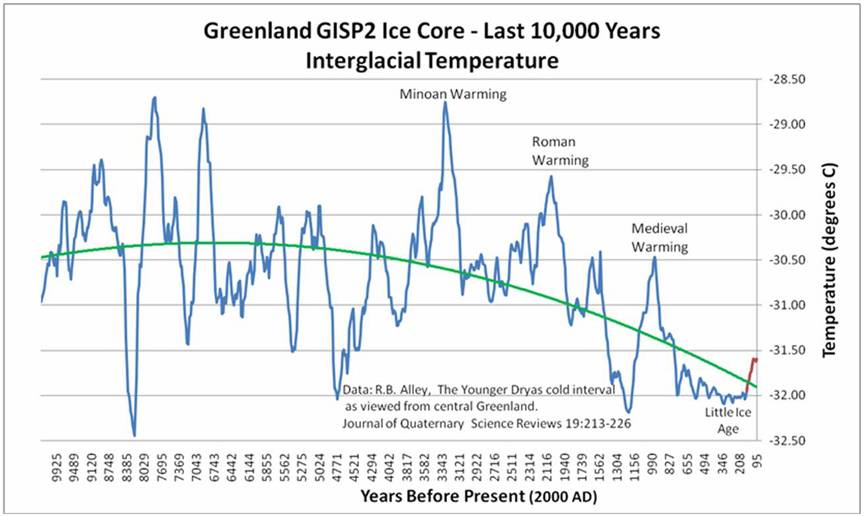SSDD
Gold Member
- Nov 6, 2012
- 16,672
- 1,966
- 280
I was treated to an outrageous bit of warmer wacko propaganda this morning when I visited this board...The posts that led to this thread are on the thread titled "why is it"....
As usual, I was asking for, and not getting any actual observed evidence that man is causing the global climate to change...finally the poster put this bit of pseudo famous warmer propaganda up as evidence that we are causing the climate to change...
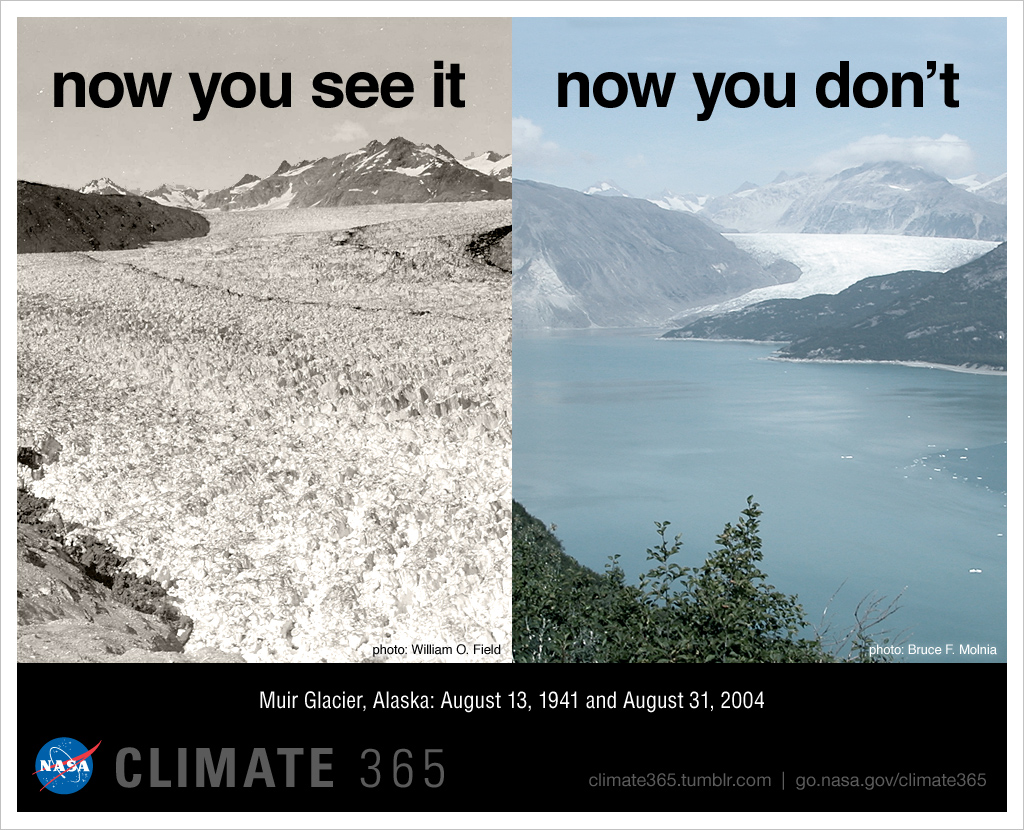
When it was pointed out that glaciers have been melting back for thousands of years, his reply was that in the past, such loss took thousands of years...not mere decades. One of our well known warmist kooks jumped in claiming that it has been millions of years since this sort of melting has taken place...he said, and I quote "The things he is showing you in those photos have NOT happened within human history and they have probably not happened at that rate for the last 65 million years"
Now the picture above certainly paints a grim picture if this is the only information you have...and if you are a blithering idiot...easily fooled, and lacking any critical thinking skills at all, I suppose this photo could convince you that things are really looking bad...
The photo above is typical of warmer propaganda....it is tailored to fool those they lovingly identify as useful idiots...you know...those who believe even though there isn't the first bit of actual evidence supporting the AGW hypothesis...those who post the sort of bullshit the photo above represents...
Well, let me get to the punchline of this story....What the propaganda photo above fails to show, and for obvious reason is any sort of interim photos...but then, that is the nature of propaganda...isn't it. Here, have one more look at the Muir glacier, taken in 1941 and then a second historical photo taken a mere nine years after the "before picture" in 1950...
Again...Before:

Nine years Later...1950:
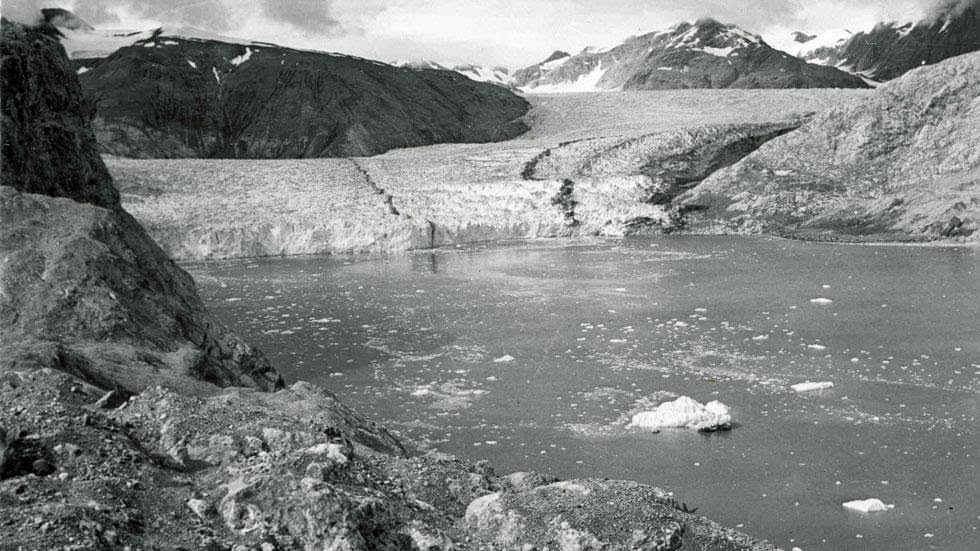
Most of the glacier melting happened a mere 9 years after the first photo was taken...not thousands of years as the poster claimed was the case...and the last time we saw glaciers retreating at this speed certainly wasn't 65 million years ago as our well known warmer wacko claimed...
As an afterthought, it should be noted that in the earliest photo, the bottom right of the photo shows the end of the glacier...note that in the modern photo, there is a much longer view of the area giving the impression much more ice loss....note that the modern photo shows two points of land on the far shore...
And this is just one instance of the never ending stream of propaganda put out by climate science and their willing accomplices in the media to be gobbled up and regurgitated by an ever growing army of brain dead useful idiots....
As usual, I was asking for, and not getting any actual observed evidence that man is causing the global climate to change...finally the poster put this bit of pseudo famous warmer propaganda up as evidence that we are causing the climate to change...

When it was pointed out that glaciers have been melting back for thousands of years, his reply was that in the past, such loss took thousands of years...not mere decades. One of our well known warmist kooks jumped in claiming that it has been millions of years since this sort of melting has taken place...he said, and I quote "The things he is showing you in those photos have NOT happened within human history and they have probably not happened at that rate for the last 65 million years"
Now the picture above certainly paints a grim picture if this is the only information you have...and if you are a blithering idiot...easily fooled, and lacking any critical thinking skills at all, I suppose this photo could convince you that things are really looking bad...
The photo above is typical of warmer propaganda....it is tailored to fool those they lovingly identify as useful idiots...you know...those who believe even though there isn't the first bit of actual evidence supporting the AGW hypothesis...those who post the sort of bullshit the photo above represents...
Well, let me get to the punchline of this story....What the propaganda photo above fails to show, and for obvious reason is any sort of interim photos...but then, that is the nature of propaganda...isn't it. Here, have one more look at the Muir glacier, taken in 1941 and then a second historical photo taken a mere nine years after the "before picture" in 1950...
Again...Before:

Nine years Later...1950:

Most of the glacier melting happened a mere 9 years after the first photo was taken...not thousands of years as the poster claimed was the case...and the last time we saw glaciers retreating at this speed certainly wasn't 65 million years ago as our well known warmer wacko claimed...
As an afterthought, it should be noted that in the earliest photo, the bottom right of the photo shows the end of the glacier...note that in the modern photo, there is a much longer view of the area giving the impression much more ice loss....note that the modern photo shows two points of land on the far shore...
And this is just one instance of the never ending stream of propaganda put out by climate science and their willing accomplices in the media to be gobbled up and regurgitated by an ever growing army of brain dead useful idiots....
Last edited:

